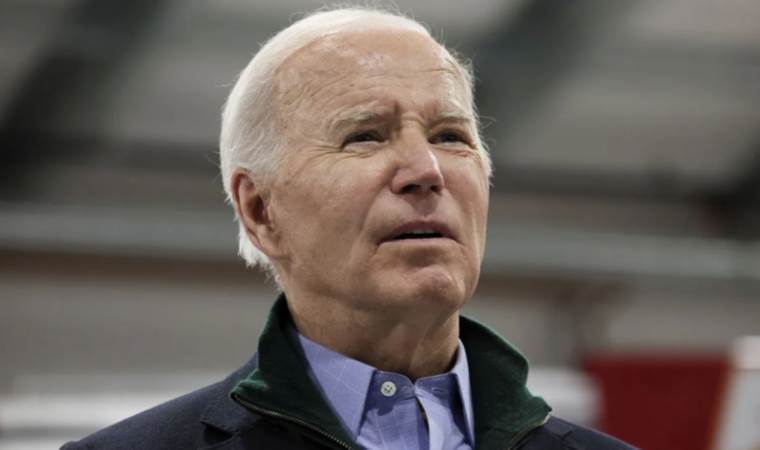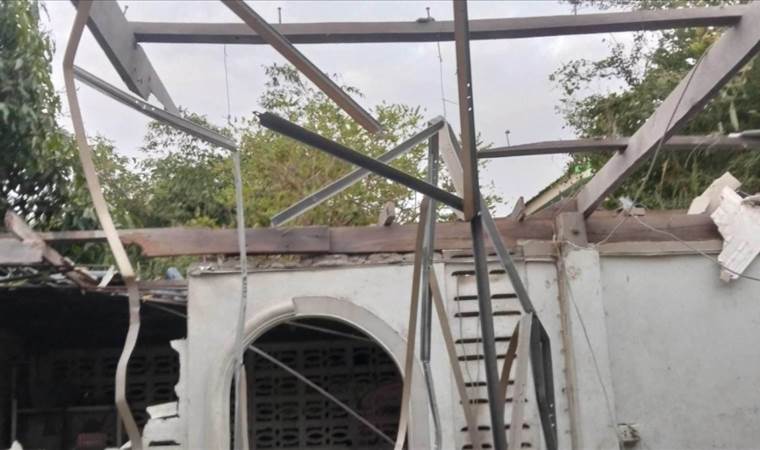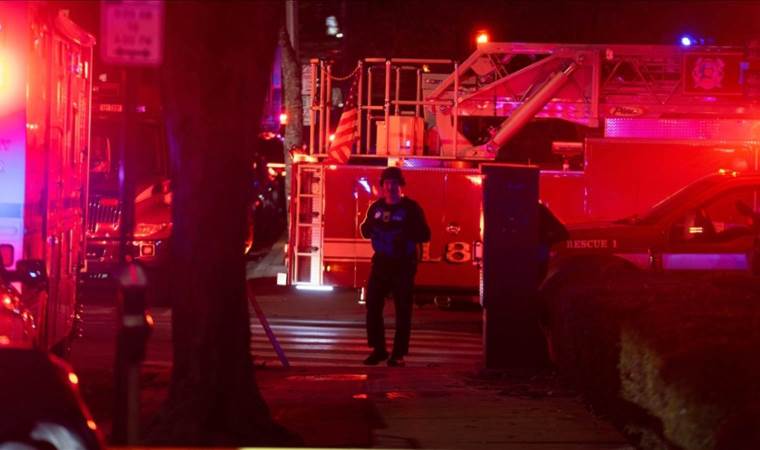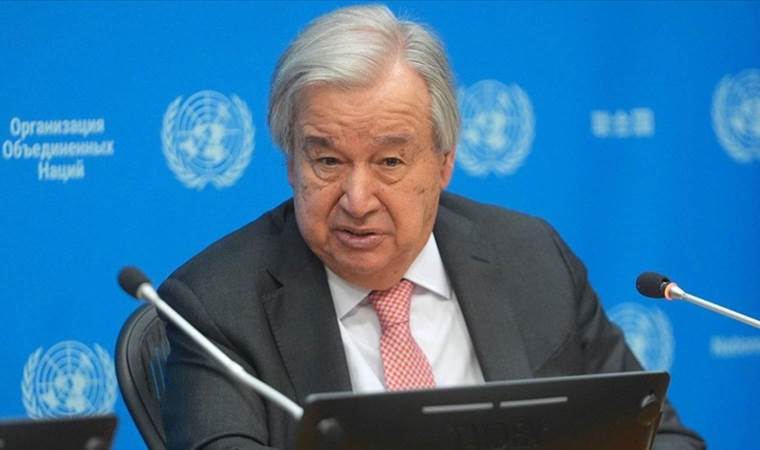China-Taiwan conflict looms: U.S. enhances Pacific logistics readiness
U.S. and Australian troops' joint exercises last summer, featuring amphibious landings and air operations, were more than just a display of strengthened defense cooperation against China's military rise. According to U.S. officials, these exercises, known as the Talisman Sabre, had a covert benefit: they facilitated the creation of new military equipment stockpiles in Australia, left behind after the drills concluded in August.
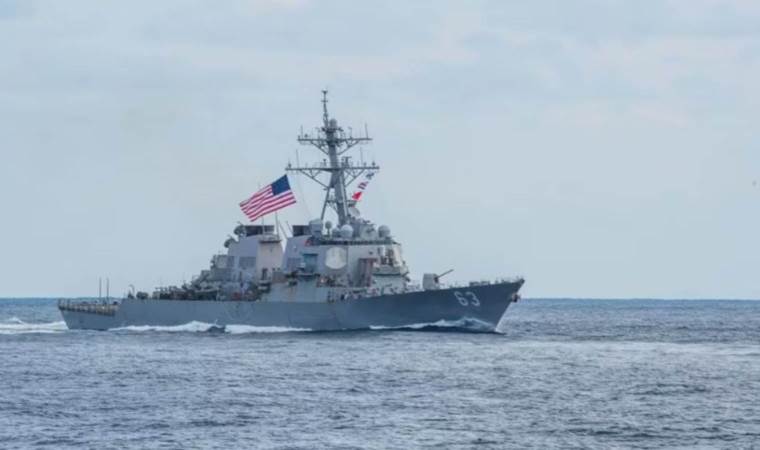
The United States, along with its allies, is increasingly concerned that Chinese President Xi Jinping might command his forces to take over Taiwan, a democratically-governed island China claims as its own. Consequently, the U.S. military is critically examining its readiness, particularly focusing on bolstering its logistics network. According to the Army, the equipment left in Australia includes around 330 vehicles, trailers, and 130 containers, capable of supporting three logistics companies of over 500 soldiers.
Army General Charles Flynn, the leading Army commander in the Pacific, highlighted the importance of such preparations, stating, "We're looking to do this more and more," and revealing existing agreements with other regional countries to do the same.
This move addresses one of America's greatest vulnerabilities in any potential Taiwan conflict – its military logistics in the Pacific. U.S. war games suggest that China might target jet fuel supplies or refueling ships to cripple U.S. air and sea power. In response, the U.S. is diversifying its military logistics hubs, including in Australia, as confirmed by officials.
Despite these efforts, some critics argue that Washington's logistics network is still too centralized and lacks sufficient funding and urgency. Congressman Mike Waltz, leading the House subcommittee overseeing military logistics and readiness, noted a concerning mismatch between intelligence warnings and long-term planning timelines.
Acknowledging the significance yet vulnerability of U.S. military bases in Asia, U.S. officials are wary of the risks of a potential Taiwan conflict. U.S. Transportation Command (TransCom) has been successful in supplying Ukraine in its war with Russia, but supporting Taiwan would pose a far greater challenge. While not formally committed, President Joe Biden has repeatedly suggested a U.S. intervention if China attacks Taiwan.
A senior U.S. military official, speaking anonymously, prioritized ammunition, fuel, food, and spare parts in the Indo-Pacific region, noting, "If we run out of the things to shoot ... that's going to be an immediate problem."
Recent war games for Congress simulated a Chinese amphibious assault on Taiwan, including strikes on U.S. bases in Okinawa and western Tokyo. Becca Wasser from the Center for a New American Security, which conducted the war game, described the potential attacks on U.S. logistics as a "wake-up call."
To mitigate these vulnerabilities, the U.S. is expanding cooperation with the Philippines, Japan, and other Pacific partners. The Biden administration announced plans for a logistics center in Bandiana, Australia, eventually establishing an "enduring logistics support area" in Queensland. An internal U.S. military document revealed Bandiana's capacity to hold over 300 vehicles and 800 pallet positions.
In July, the U.S. Air Force's Mobility Guardian 23 exercise in the Indo-Pacific, involving multiple countries, focused on air refueling and medical evacuations, leaving behind equipment in Guam for future conflicts and disaster relief.
The U.S. military is transitioning from a "just in time" to a "just in case" logistics model. This shift, away from mega-bases like Ramstein Air Base, reflects the new strategy of dispersing stockpiles to mitigate risks in a potential conflict with China. Rear Admiral Dion English emphasized planning for effectiveness over efficiency.
Despite these efforts, the Pentagon's budget for prepositioning equipment in Asia appears modest compared to the European efforts post-Crimea. The aging fleet of U.S. transport ships also poses a challenge.
Senator Roger Wicker, senior Republican on the Senate Armed Services Committee, called for greater focus on Pacific bases and logistics, stressing the need to improve deterrence capabilities in the Western Pacific.
Most Read News
-
 Thailand imposes martial law in border districts as clas
Thailand imposes martial law in border districts as clas
-
 2 killed, 8 critically injured in shooting at Brown Univ
2 killed, 8 critically injured in shooting at Brown Univ
-
 Zelenskyy says bilateral security guarantees a ‘compromi
Zelenskyy says bilateral security guarantees a ‘compromi
-
 Delhi’s air quality worsens to new severe level, Indian
Delhi’s air quality worsens to new severe level, Indian
-
 Attacks on Bangladeshi peacekeepers in southern Sudan ma
Attacks on Bangladeshi peacekeepers in southern Sudan ma
-
 2 Palestinians killed by Israeli army in occupied West B
2 Palestinians killed by Israeli army in occupied West B
-
 Trump vows to respond to alleged ISIS attack on US force
Trump vows to respond to alleged ISIS attack on US force
-
 ‘No place for violence in Australia,’ says Premier Alban
‘No place for violence in Australia,’ says Premier Alban
